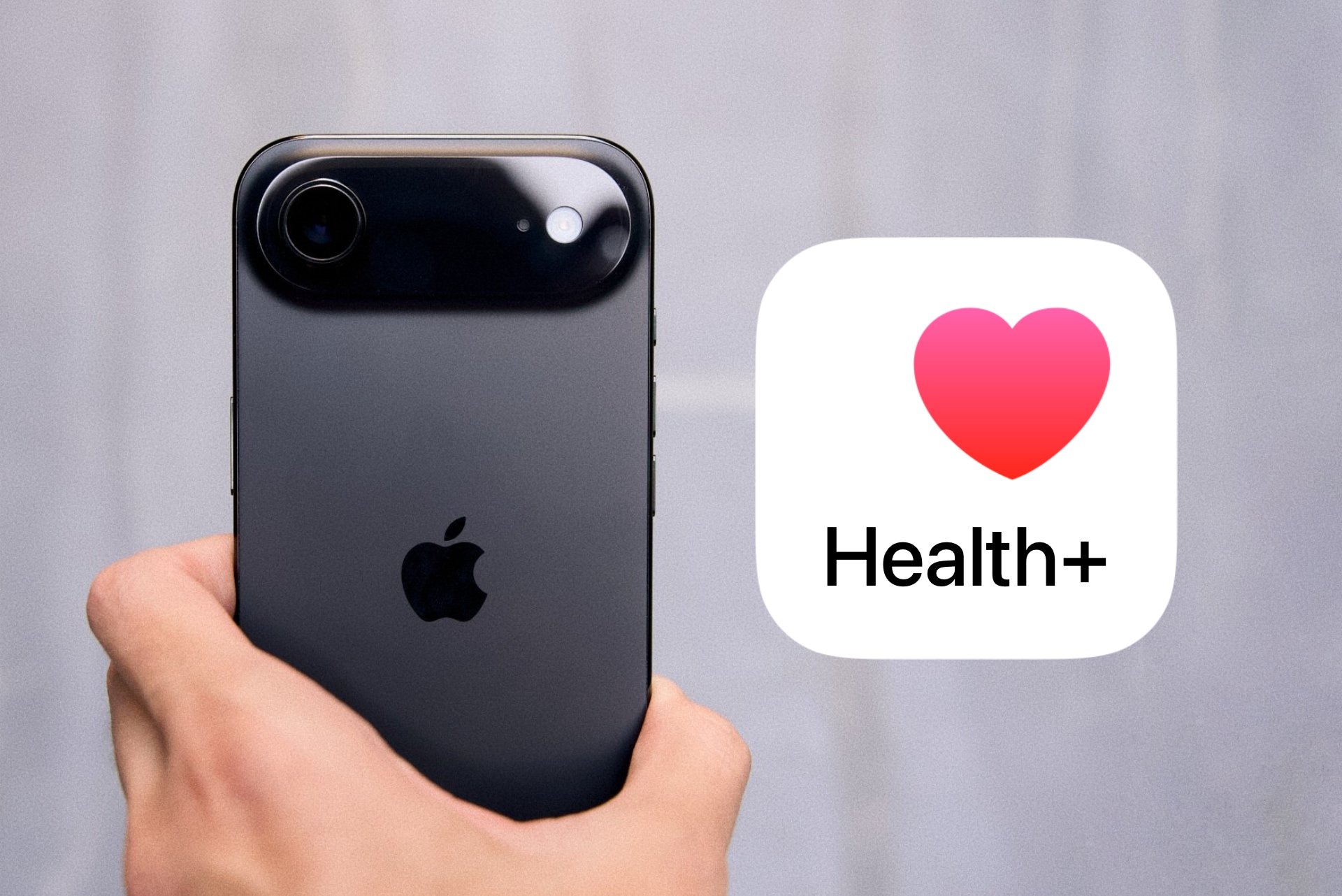Yandex Bank is negotiating with the Central Bank of Russia on the possibility of charging interest on electronic wallets, which is currently prohibited by law. The regulator is ready to discuss this idea with market participants, writes Vedomosti.
The electronic wallet was conceived as an instant payment tool, so its transformation into a savings product requires additional justification, they added.
Yandex Bank reported that e-wallets are very different in nature from a bank account or deposit. Even due to the small balance in said wallet. For example, in Yandex Bank, about 80% of accounts have a balance of less than 100 thousand rubles.
The problem is also that funds in electronic wallets, unlike traditional bank deposits, are not insured by the Deposit Insurance Agency (DIA). Therefore, there is a risk that someone will start opening quasi-deposits that are not insured by the DIA and “hoover up” the money, responded Iván Semagina, director of interaction with government agencies at the bank.
According to the Central Bank, as of September 1, 2023, 61 electronic money transfer operators were registered in Russia. Among them are YuMoney, Qiwi Bank, Yandex Bank, Ozon Bank, Tinkoff Bank, NPO Settlement Solutions and other companies.
- On July 24, Law No. 340-FZ, signed by the President, “On Amendments to Certain Legislative Acts of the Russian Federation” was published, legalizing another form of national currency, along with monetary and non-monetary ones: the digital ruble. .
- The new law came into force on August 1, 2023. His signature takes the digital ruble out of the periphery of the legal field and makes it a full-fledged “market participant” alongside paper and non-monetary money.
Author:
Karina Pardaeva
Source: RB
I am a professional journalist and content creator with extensive experience writing for news websites. I currently work as an author at Gadget Onus, where I specialize in covering hot news topics. My written pieces have been published on some of the biggest media outlets around the world, including The Guardian and BBC News.











